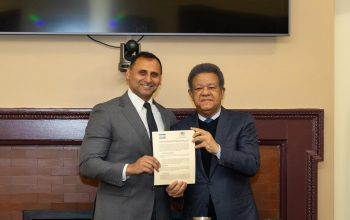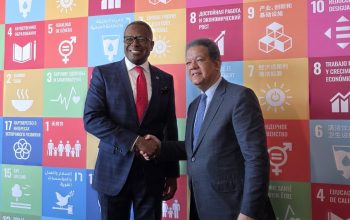news
GFDD/Funglode Call for Protection of the Public Health Rights of All Women and Girls at the 49th Session of the Commission on Population and Development
April 21, 2016
GFDD/Funglode was present as the 49th session of the Commission on Population and Development (CPD) concluded on Friday, April 15th, following one week of negotiations. UN Member States committed to integrating population issues into sustainable development, including the post-2015 Development Agenda. A set of agreed conclusions called for enhancing the basis for rapid progress of the new agenda, including stronger laws, policies and institutions, better data and scaled-up
financing.
UN Secretary-General, Ban Ki-moon, commented on the role of this year’s session entitled “Strengthening the demographic evidence base for the post-2015 development agenda” by explaining that it was “a landmark session” being
“the first since the adoption of the 2030 Agenda.” Moreover, he reinforced the importance of this year’s theme by explaining that “population data and analysis are critical to ending inequalities, helping people who are hard to reach, and ushering in a life of dignity for all.” He called upon Member States to help governments deal with the major demographic trends that need the support of “scientific evidence, rigorous analysis and
unbiased policy advice”, and encouraged all to share responsibilities.
At the Member State level, Germany encouraged the CPD to continue to play a key role in providing population data and achieve the targets of the 2030 Agenda while China noted that population growth will occur in those countries that are falling behind in collecting sufficient demographic data. It suggested further strengthening capacity-building support in developing countries, and promoting
the international exchange of best practices.
GFDD/Funglode submitted their own oral statement to the Commission noting the “close link between underdevelopment and maternal mortality” as “regions with the lowest levels of development recorded 99% of the maternal deaths occurring in the period 1990 to 2015” according to the World Health Organization. Relying on the findings of the foundations’ recent publication
“Status of Women: Studies and Reflections in the Dominican Republic and Latin America”, GFDD highlighted obstacles for women and girls in achieving the best standard of health. In the statement, the foundations highlighted the efforts of the Dominican Republic to provide for an increased flow of public resources to finance health care for the poorest groups of the population, boosting pertinent and sustainable health care services.
The foundations
called for training and awareness raising among health workers to provide quality and compassionate care to women before, during, and after the pregnancy process to be an essential component of public policies to improve maternal health. They concluded with a call on the international community to protect the rights of all women and girls to achieve public health rights, so that all individuals can be part of development policies and play a key role in the successful implementation of the
2030 Agenda for Sustainable Development.
About the Commission on Populations and Development
A Population Commission was established by the Economic and Social Council in its resolution 3 (III) of 3 October 1946. In its resolution 49/128 of 19 December 1994, the General Assembly decided that the Commission should be renamed the Commission on Population and Development. In the same resolution, the Assembly decided that it, the Council and the
Commission should constitute a three-tiered intergovernmental mechanism that would play the primary role in the follow-up to the implementation of the Programme of Action of the International Conference on Population and Development, and that the Commission, as a functional commission assisting the Council, would monitor, review and assess the implementation of the Programme of Action at the national, regional and international levels and advise the Council thereon.
Links:
http://www.un.org/en/development/desa/population/commission/index.shtml






